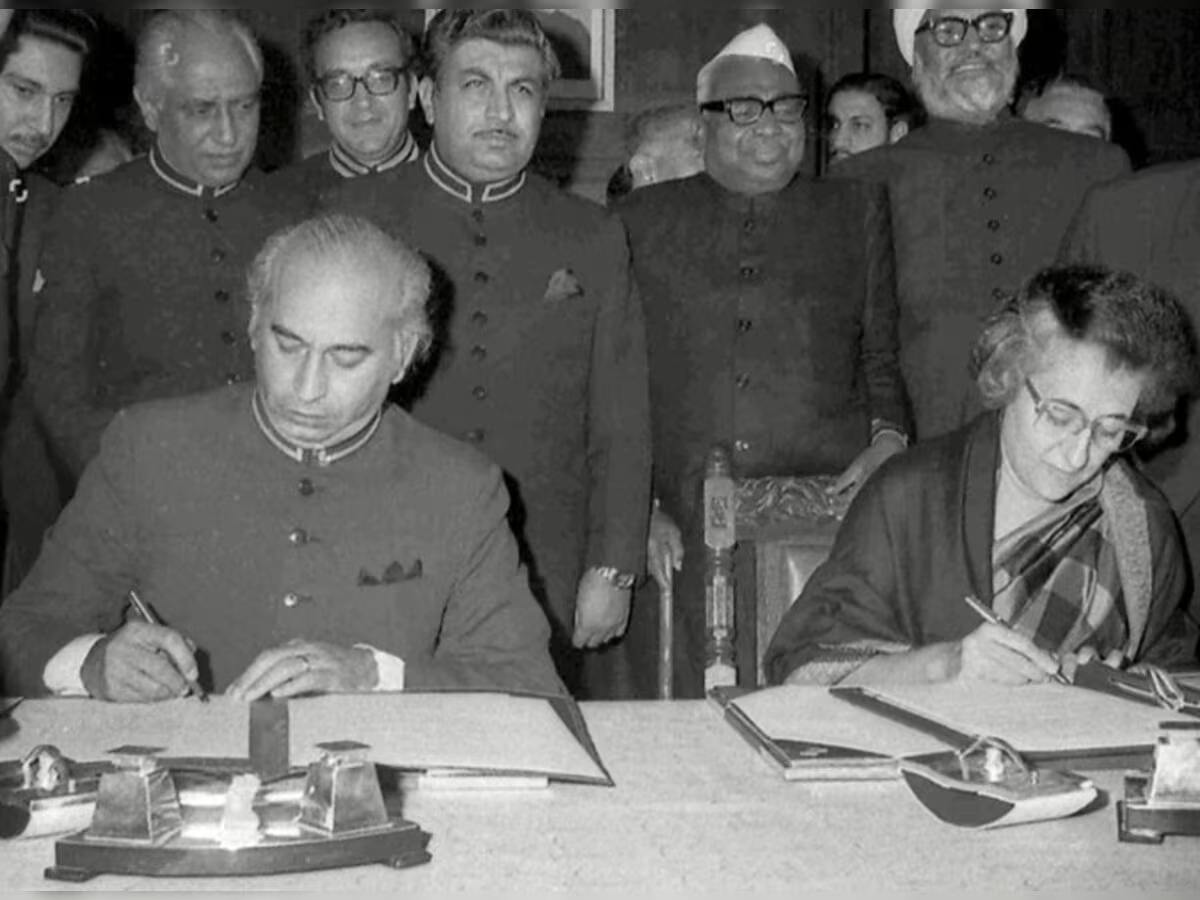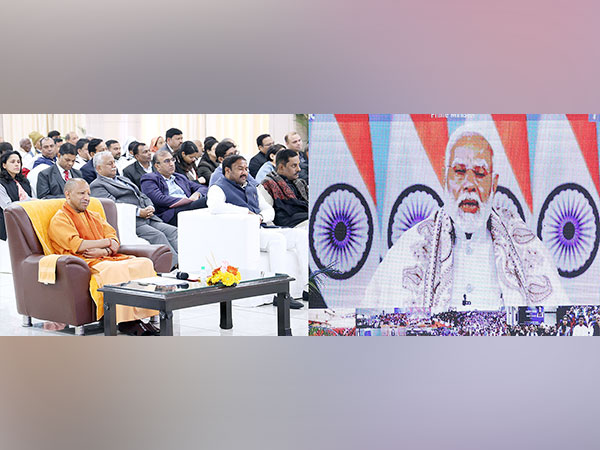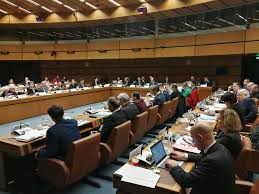- Courses
- GS Full Course 1 Year
- GS Full Course 2 Year
- GS Full Course 3 Year
- GS Full Course Till Selection
- CSAT
- 5 LAYERED ARJUNA Mentorship
- Public Administration Optional
- Online Program
- GS Recorded Course
- NCERT Batch
- Polity Module Course
- Geography Module Course
- Economy Module Course
- AMAC Module Course
- Modern India, Post Independence & World History Module Course
- Environment Module Course
- Governance Module Course
- Science & Tech. Module Course
- International Relations and Internal Security Module Course
- Disaster Management Module Course
- Ethics Module Course
- Essay Module Course
- Current Affairs Module Course
- ABOUT US
- OUR TOPPERS
- TEST SERIES
- FREE STUDY MATERIAL
- VIDEOS
- CONTACT US
Suspension of MPs
Suspension of MPs
20-12-2023
Context:
- 78 members of the opposition in the Lok Sabha and Rajya Sabha were suspended due to their disruption of Parliamentary proceedings.
Reasons behind Disruptions:
- MPs feel that they are not given enough time to discuss important issues.
- The government gives more importance to its own matters, as Government enjoys comfortable majority.
- The government's lack of response and tendency to retaliate.
- Some parties intentionally disrupt proceedings for political or publicity reasons.
- There's a delay in taking action against disruptive MPs, which becomes a reason for the other side protest.
Difference between Disruption and Creative Disruption in Parliament:
Disruption |
Creative Disruption |
|
|
|
|
|
|
|
|
Suspension:
- The maximum period extends until the end of the session.
- Members under suspension are barred from chamber entry and committee attendance.
- Rights to issue notices, ask questions, and receive replies are not available to MPs during suspension.
- Article 122 protects parliamentary proceedings from court scrutiny.
- Courts can only intervene in procedural affairs, as seen in the Maharashtra Legislative Assembly case.
Who has the Authority to Suspend MPs?
- Speaker of the Lok Sabha.
- Chairman of the Rajya Sabha.
Why such authority is provided?
- The purpose behind this authority is to ensure smooth functioning and maintain order within the parliamentary proceedings. The rules governing this authority include:
- The Speaker can direct the withdrawal of a member for disorderly conduct.
- If a member persists in obstructing proceedings, the Speaker can name and suspend them.
- Automatic suspension may occur for severe violations or charges.
Way Forward
- Moving forward, it's important to encourage opposition members to engage constructively in Parliament, striking a balance between addressing key issues and refraining from deliberate disruptions. This approach emphasizes dignified expression of views and active, positive participation in parliamentary affairs.



